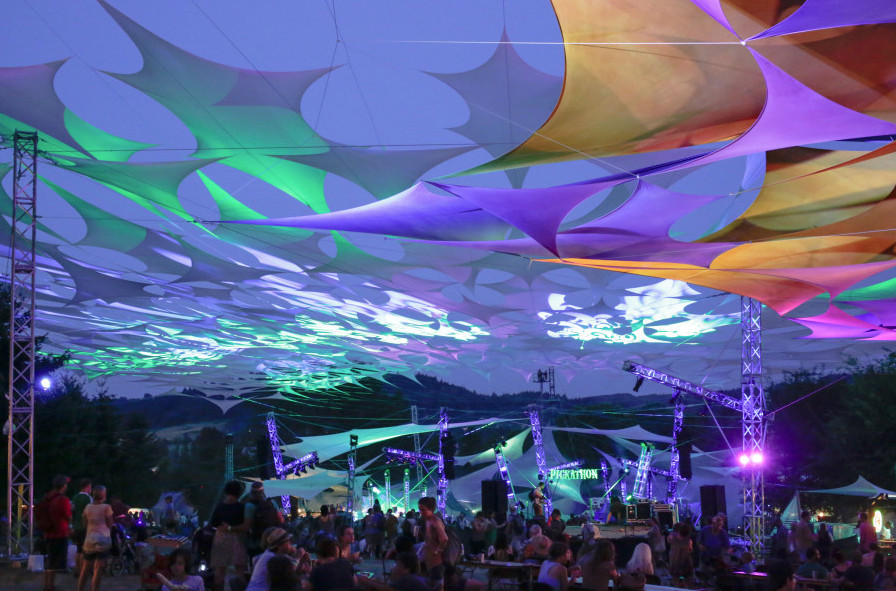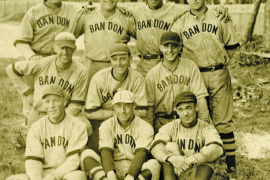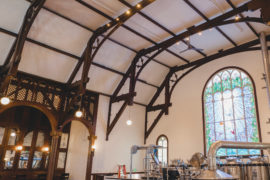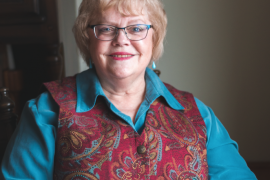Celebrate music, community + local fare
Written by Corinne Whiting
For the 19th year, Pendarvis Farm in Happy Valley, Oregon, transforms into an “elaborate fantasy setting” of sensational live music, local food and drink and feel-good community. At Pickathon, stages pop up inside dreamy barns draped with twinkly lights and built into wooded alcoves, where haystacks and hammocks lure listeners of all ages.
When it comes to accurately describing this four-day, music-fueled gathering held on a farm just outside Portland, founder Zale Schoenborn admits that after awhile, it begins to sound like hyperbole. After all, how many times can you use the word “magical”?
Yet it takes only one visit to “get” it—to feel the magnetic pull of this consistently exquisite event that centers around the discovery of phenomenal artists in beautiful and unique spaces. Although it’s always a challenge to top the previous year, Schoenborn says it’s all about “digging deep and finding what’s interesting in today’s music worlds.” The allure of Pickathon? Even if you don’t initially recognize many acts on the schedule , you’re guaranteed to return home with a brand-new favorite—or many, as the case may be.
For this year’s event, August 3-6, Schoenborn promises “a dance card full of amazing music” once again. More than 60 artists have been scheduled twice across six stages (and over four days). Though weary to predict who might generate the most buzz (“it’s so subjective what people are into”), Schoenborn is excited about returning band Hiss Golden Messeger, M.A.K.U SoundSystem, Brent Cobb, Big Thief (“a super powerful female-fronted band”), KING (who was up for the Best Urban Contemporary Album Grammy alongside Beyonce) and so on. If you’re into a certain type of music, he explained, “we probably have the Elvis of that genre.”
Highlights this year will range from the return of a wildly popular, curated chef-musician dinner series and an inaugural design collaboration with PSU that means the Treeline Stage will be broken down post-festival to become a city-sanctioned homeless village in Portland. “How many crazy ideas can you develop and pack into one year?” Schoenborn joked.
“It’s such a bad business model,” Schoenborn laughed, “We’ve done everything wrong…way too few people, we don’t charge for water, we don’t charge festival prices for food and drink, and we haven’t set up simple, generic stages.”
But he explains the general train of thought: If we can’t make it the best weekend of the year, why do it?










